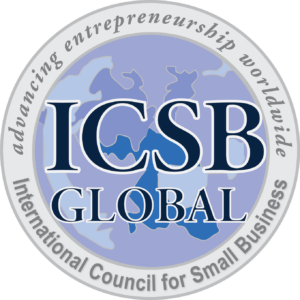Numerous policy initiatives designed to support the growth of female-owned enterprises in the developing economies have repeatedly failed to achieve their objectives. Research recognizes the lack of contextualized growth models for defining female-owned enterprises in such contexts as the main issue. Thus, and drawing from our qualitative data, we propose a growth model to account for the business development activities of female-owned enterprises from a developing economy perspective. Through analyzing our qualitative data, it emerged that money (access and utilization), management (nonformal education and experience), and market (customer intelligence) were direct determinants of the growth trajectories of female-owned enterprises. Motherhood (household and family), meso- (membership of professional networks and social learning), and macro-environment (sociocultural and economic issues) indirectly influenced their growth by mediating women’s access and utilization of the aforementioned direct determinants. From that, we offer recommendations for practitioners including public authorities and key actors within the entrepreneurial ecosystem that provide the support infrastructure for female-owned enterprises in a developing economy.
Introduction
It is widely acknowledged in the gender and entrepreneurship literature that there is a lack of theoretical perspectives that capture the factors influencing the growth of female-owned enterprises operating within developing economies (Brush et al., Citation2009; De Bruin et al., Citation2007; Hechavarria et al., Citation2019). We perceive this knowledge gap as the main issue that has contributed to a high rate of failure of policies meant to support the growth of the female-owned enterprise, particularly in developing economies (Kiviluoto, Citation2013; Strawser et al., Citation2021). Indeed, the 2016 report from Afrobarometer revealed that the success levels of public policies in developing countries were very low, with Gabon at 41 percent, Liberia at 32 percent, and Nigeria at 31 percent (Afrobarometer, Citation2016). According to the Organisation for Economic Co-Operation and Development (OECD), such high rates of policy failures can be reduced when policy makers obtain adequate information about female-owned enterprises in developing economies (OECD, Citation2000). A better understanding of female entrepreneurship is crucial in that it helps to address the obstacles preventing them from achieving their full growth potential (Strawser et al., Citation2021). Thus, several scholars have hinted that a growth model for female-owned enterprises is required to provide a roadmap for guiding the establishment of effective support mechanisms that can advance the field of female entrepreneurship in developing economies (Hechavarria et al., Citation2019; Ogundana et al., Citation2021a; Strawser et al., Citation2021; Wiklund et al., Citation2009). Accordingly, this study evaluates, contextualizes, and extends Brush et al.’s conceptual framework into a fine-grained model that enfolds the growth determinants for female-owned enterprises in the context of developing economies.
Read More at: https://doi.org/10.1080/26437015.2022.2100296
Authors: Oyedele Ogundana, Amon Simba, Leo-Paul Dana, and Eric Liguori



